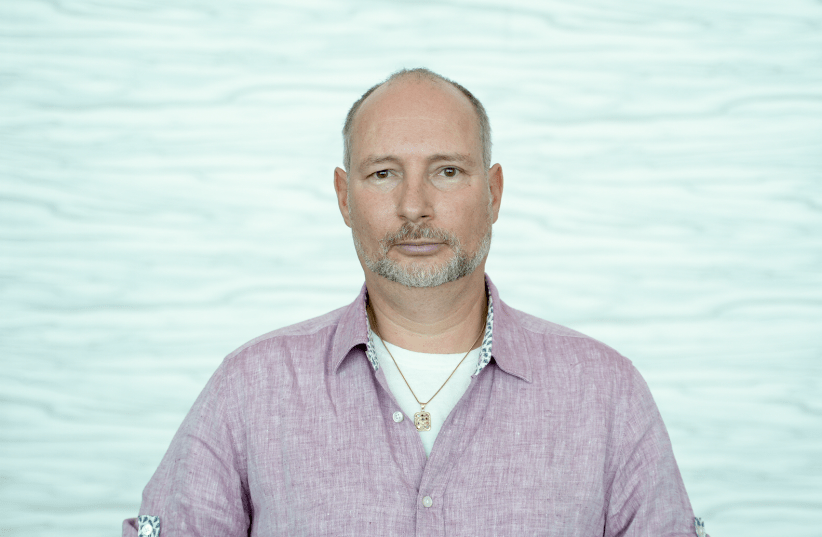The Zionist project of establishing a sovereign Jewish State in the biblical land of Israel was a success. This movement, established more than 125 years ago in Europe, succeeded in establishing Jewish sovereignty for the third time in history.
I was born and raised in Israel, but have been living in the US for a few decades. I love Israel and consider myself as a Zionist, but questions that I've been asking myself for the past few years have suddenly become more urgent: What is the future Of Zionism? What will happen when the Jewish people aren’t able to thrive in a Jewish sovereign state?
We do not need to compare Prime Minister Benjamin Netanyahu to Russia’s autocratic President Vladimir Putin or to the leaders of Hungary and other Eastern European countries. Rather we have our own history to provide relevant comparisons.
1. A look at our Own History
Israel’s former Prime Minister Naftali Bennet recently said that “our ancestors blew it.” He explained that “they couldn't keep it together for more than 80 years.”
Indeed, a review of our own history might suggest that, as Jews, we haven’t been able to run our own country for more than about 80 years. The crowning of King David in 1010 BCE resulted in a Jewish state that continued with the leadership of his son, King Solomon. After his death, there was an insurrection against the House of David around 931 BCE. The Kingdom was then divided into two: The Kingdom of Judah led by Rehoboam, Solomon’s son, with Jerusalem as its capital; and a second kingdom in the northern part of the country with Samaria as its capital. Only 79 years of Jewish sovereignty and a Jewish state therefore existed during the first temple.
Again, during the time of the Second Temple, there was only a short period of between 75 to 80 years where the Maccabees ruled the sovereign Jewish state, until external superpowers took over or ran the country.
2. What is our Destiny?
Maybe, just maybe, the Jewish nation doesn't have the ability to live under its own sovereignty. What then is our destiny?
Perhaps our destiny, as Jews, is not to maintain sovereignty in Canaan, but rather to wander around the world and promote positivity and Jewish values and strengths. God told Abraham (Genesis 12), “Go forth from your native land and from your father’s house to the land that I will show you.” So, perhaps, God was not telling Abraham specifically to go to the land of Canaan (or at least not only), but rather to travel the world, have an impact, gain respect and improve lives through Tikkun Olam (the commandment to repair the world); economic growth and influence; education; and leadership in many sectors.
Indeed, for thousands of years, countries in which Jews have settled and prospered have also succeeded and flourished, that is, until those countries expelled their Jews. Examples include: Spain, Lebanon, Syria, Iraq, Yemen, even Germany before the Holocaust.
But just as we were kicked out of these other countries after having helped them prosper, this “expulsion” is threatening to happen again de facto to our own startup nation and our own people.
Many of Israel’s best and brightest are considering leaving the country with their assets. Already $4 billion dollars left Israel last month. Thousands of Israelis – especially the educated and economic elite – are looking for second passports to Europe, US, and elsewhere.
Is destiny again repeating itself? As Israel reaches its 75th Independence Day later this month, it is important for us to ask this question aloud and start finding solutions. Can we stay in our own country for more than 80 years or do we need a Plan B?
Mordechai (Moti) Kahana is an Israeli-American businessman, philanthropist and thought leader. Kahana is known for rescuing Jews from war torn countries like Syria, Yamen, Iraq, Afghanistan as well as Ukraine, and bringing them to Israel. He is wondering about his role vis a vis Jews leaving Israel.
